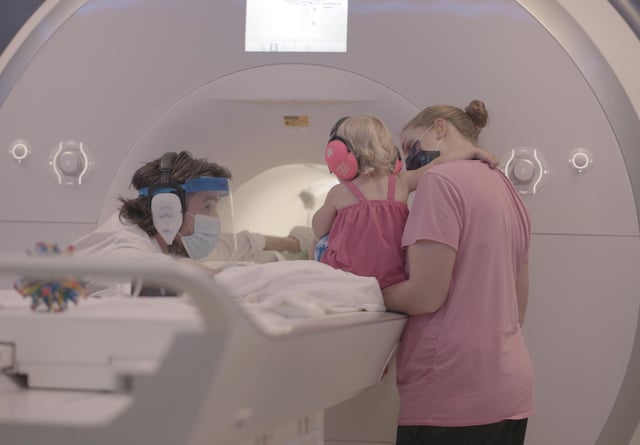Overview
- Researchers at Yale University observed hippocampal activity in children as young as one year old during memory encoding tasks, using functional magnetic resonance imaging (fMRI).
- The study, involving 26 children aged 4 to 25 months, found memory encoding capacity in children older than one, contradicting the idea that infantile amnesia is caused by an underdeveloped hippocampus.
- Experts suggest early memories may persist in implicit forms, influencing behavior and experiences throughout life, even if not consciously retrievable.
- The findings emphasize the importance of shielding young children from trauma, as their brains can encode such experiences with long-term effects.
- While the study's small sample size limits its generalizability, it opens new avenues for understanding memory development and the ethical considerations of early childhood experiences.



